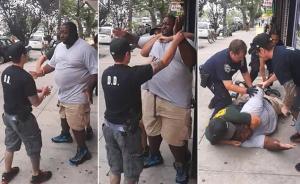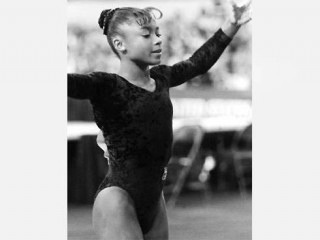I’m toying with the idea of creating a podcast. As an avid podcast listener the idea of putting my hat in the ring is daunting but also exciting. My idea is to talk about music. I know that getting the format right is important and updating on a schedule is key. My ambitious* idea is to have one song (or piece) a week: once a month the song would be recent (a term I’ll define later) and once a month the song would be ‘classical music’ (again, something I’ll define later). I would feature guests to talk about certain pieces, including people I know in musicology departments, musicians and I know, as well as other family and friends. We would use the music to talk about other things, for example:
the Star Trek Soundtrack
-theramin history and usage
-autism and race
Amadou and Miriam
-World music/African music market
-disability
Beck – Song Reader
-“slow music movement” (like slow food for music)
-history of parlor music
-Beck and Scientology, does it matter?
I have no idea how long such a conversation might last, I’m thinking maybe 10-30 mns. This is my example script/notes for a Star Trek Soundtrack show.
Introduction:
Guest (I have a certain UCLA musicologist in mind for this some)
Some questions:
Are you a Star Trek Fan? How did you first come across the franchise? Which is your favorite series?
Body:
What was your impression of the soundtrack?
The original Star Trek theme is known for being an early use of the theremin (though according to Wikipedia it wasn’t). The theremin is an early electronic instrument named for its inventor Leon Theremin. It is recognizable for its use in sci-fi soundtracks.
Star Trek the original series is also known for its progressive treatment of race (the first interracial kiss on TV!). The crew featured all the major ethnicities, Sulu representing Asians, Uhura for Africa, Chekhov Eastern European, Scotty, Western European, Kirk, America (I guess). What struck me watching the movie now was how short-sighted this view multicultural view was. In the future all races will work together, in equality, but they won’t reproduce with each other? There were no mixed-race characters. Weirdly, Khan seems to represent a multi-racial Asian, dissecting his full name Khan Noonian Singh you might get, Khan: Central Asian, Noonian: Middle Eastern, and Singh: South Asian (YES I realize this is total racist speculation, that’s how Roddenbery seems to Roll). The Khan as terrorist Osama Bin Laden analogy seems too easy so we won’t talk about that.
In addition to the diversity on earth, the original series featured a representative of an extraterrestrial race with Spock the Vulcan. It was interesting to me how Vulcan tendancies were very in line with the autistic spectrum. Autism is having a moment in America, according to the PSAs, 1 in 50 children will develop autism. Some possible causes I’ve heard are: assertive mating, high income, computer culture, and vaccines, etc.
Conclusion:
In conclusion, don’t see Star Trek for the music, it’s not that great. And frankly, the movie’s not that great either, but I was entertained throughout. I hope you were just as entertained by this conversation.
This has been — podcast, with our special guest —– —–
Shouout to — (probably my mom, who will be my one listener)
you can find more information at the website (which I’ll create) etc.
Outro
Let me know if you have ideas for titles, sponsors, words of wisdom/warning, etc.
*I know this schedule is extremely ambitious, especially since I haven’t been able to maintain a schedule for this blog lately, (and I’ve been unemployed!) but I think once I get started it will easier to maintain.

